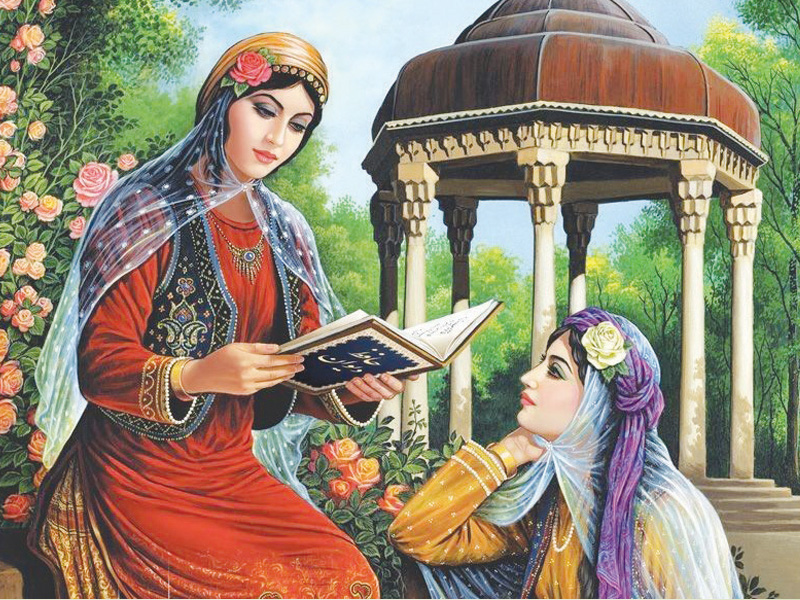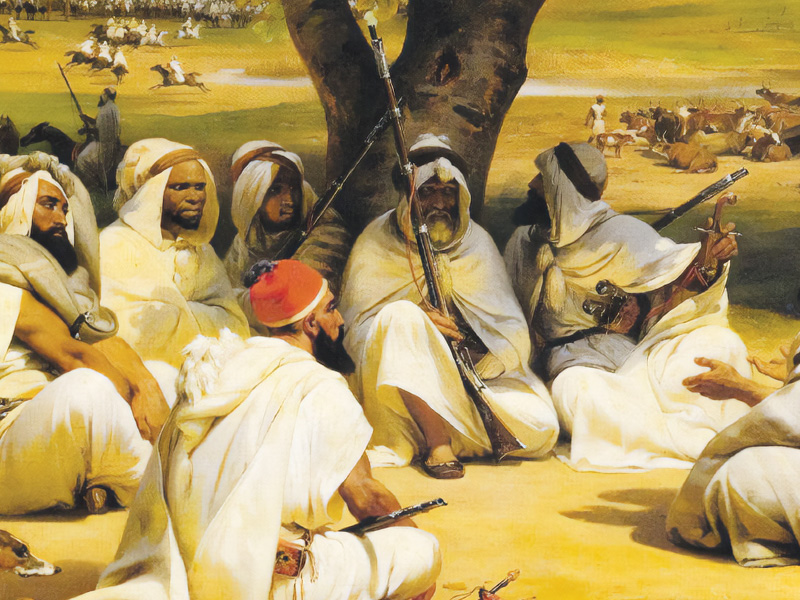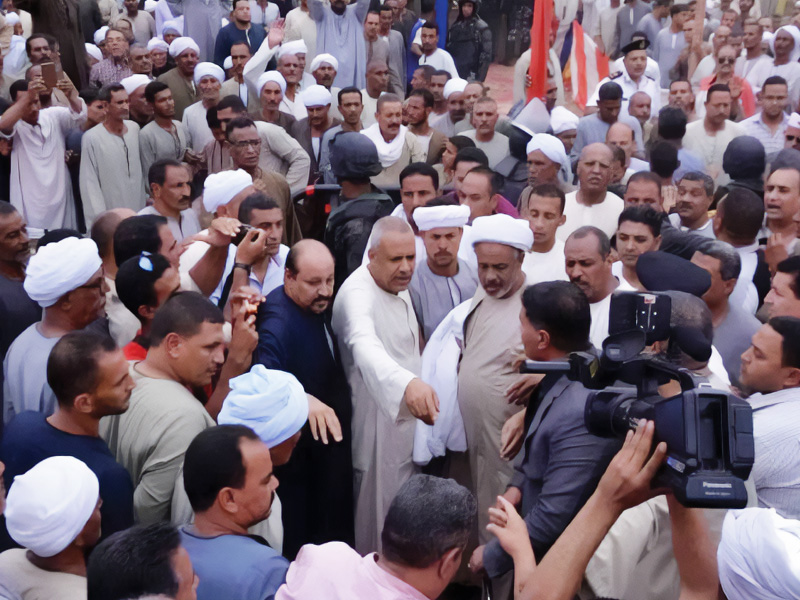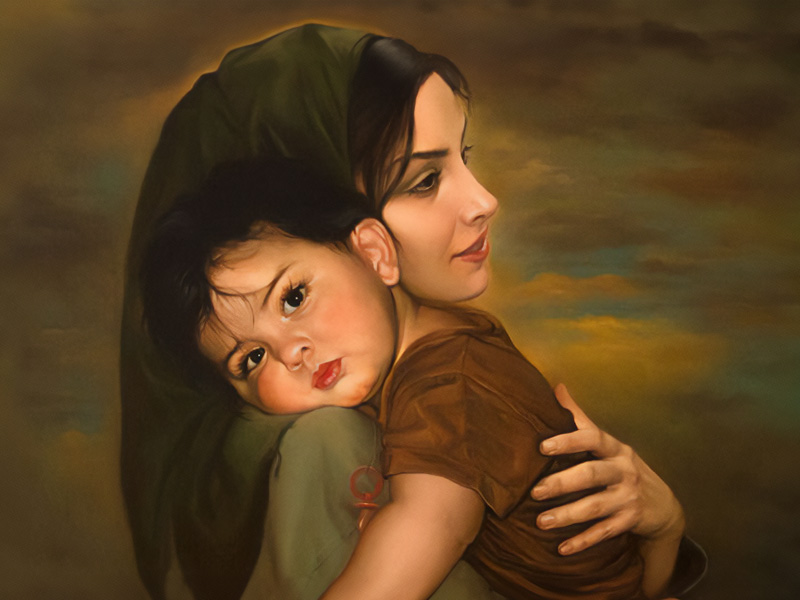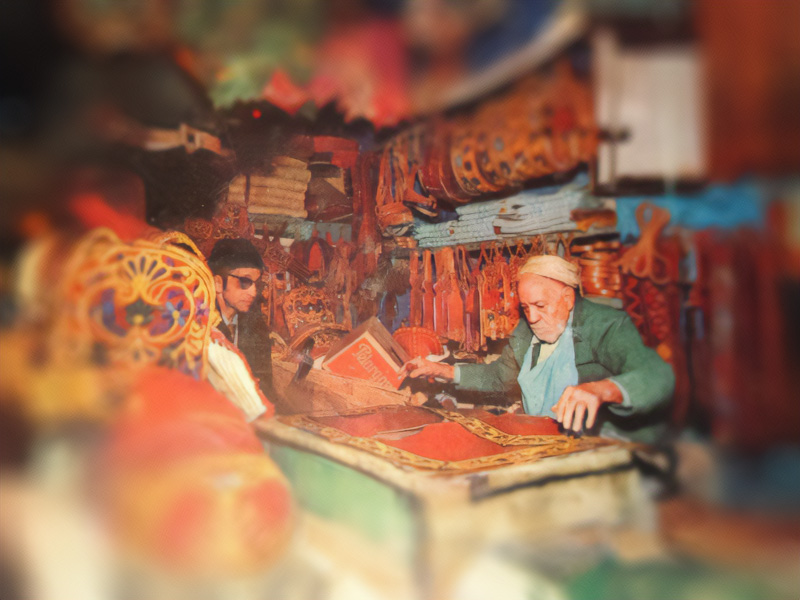The Kinship System: The Real and The Fictional: An Anthropological Study of The Folktale “That of Fate in Gold, And That of Fate in Silver”
This article deals with the relationship between the real and the imaginary. Thus, it is an anthropological study of the folktale That of Fate in Gold, And...









